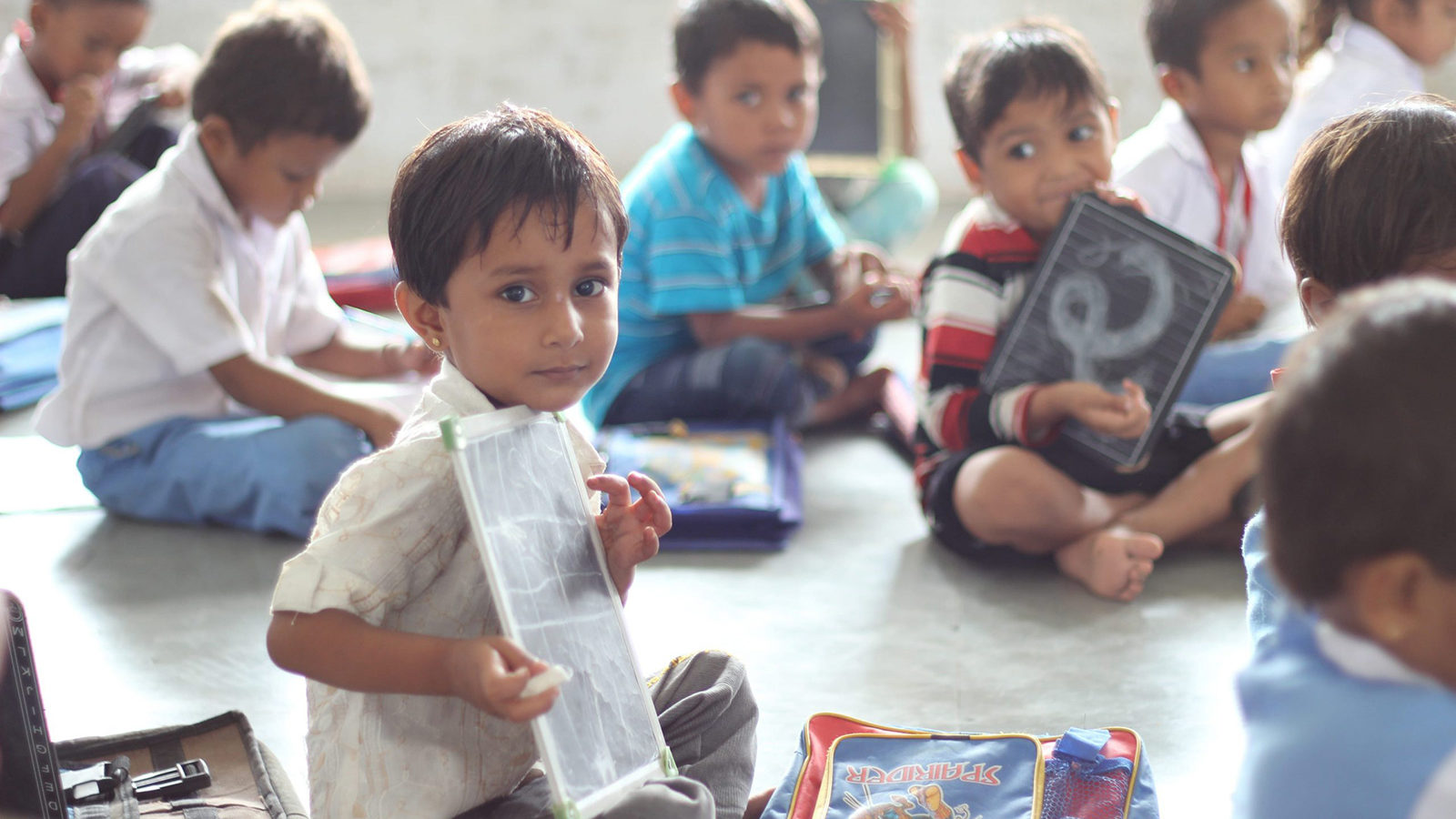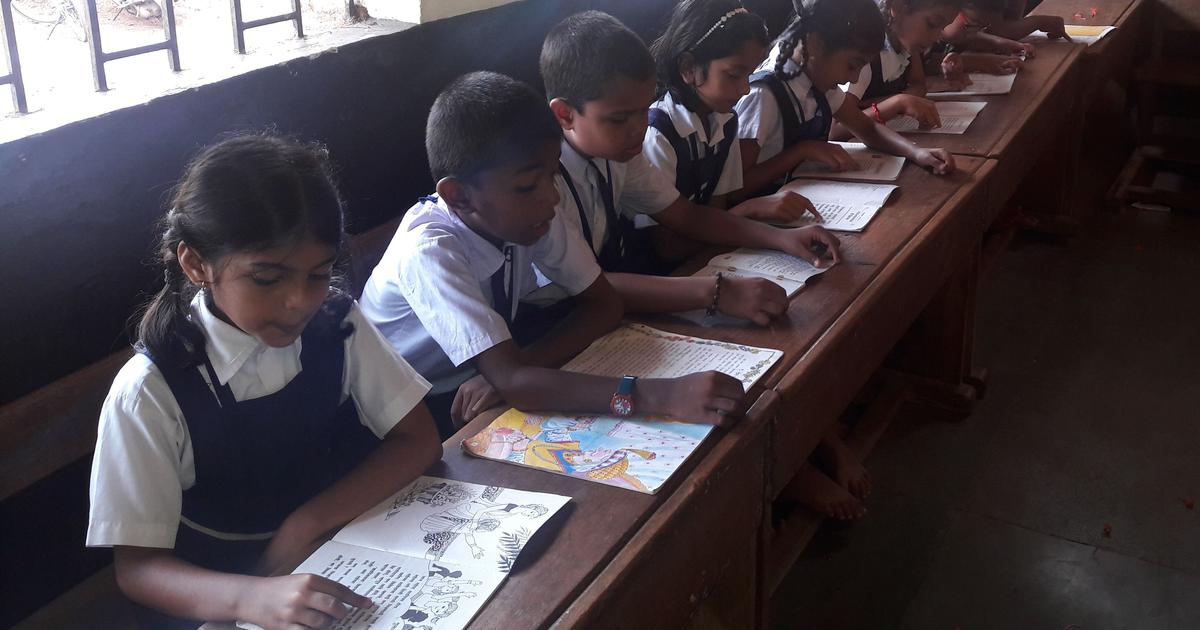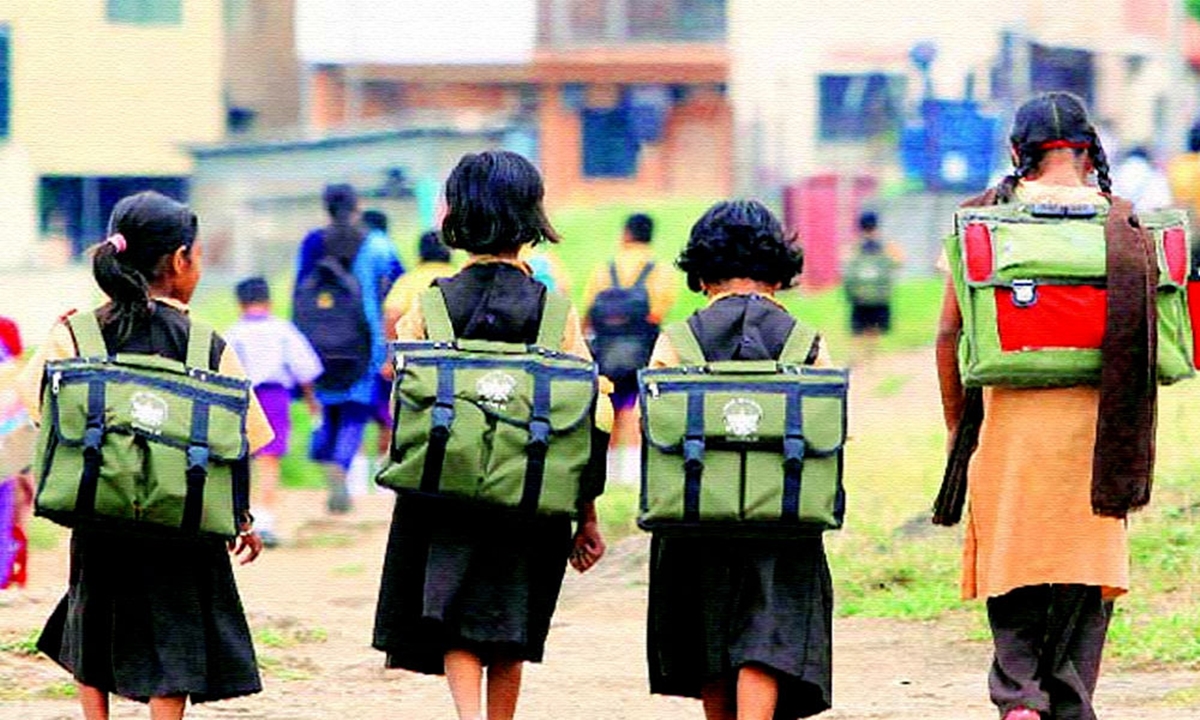
Why Inclusive, Quality Education in India Is Still a Far Cry
Equal stakeholder participation required to create an ecosystem of inclusion
According to a recent UN report, 75% of children with disabilities (CWD) in India do not attend any educational institute in their lifetime. This is despite the existence of a seemingly comprehensive policy on education with provisions to make the Indian education system inclusive.
Inclusive education refers to a model of learning where CWD attend the same schools as children without disabilities. This approach of education emphasises on changes in system-level practices and policies to meet student needs. However, even though India has a variety of laws and policies on education, data and on-ground experiences show that an ecosystem of inclusion has not yet been achieved. This blog looks at the shortcomings in the current legal framework and gives recommendations.
Current laws ignore preparedness for inclusive learning
As argued by the renowned psychologist Reuven Feuerstein, there are three prerequisites for a truly inclusive classroom:
(a) the preparation of the receiving schools,
(b) the preparation of the child,
(c) the preparation of parents.
However, the laws on education in India have neglected to focus on the equal preparedness of these key stakeholders when it comes to inclusive and effectual learning for CWD. Here’s how:
• There are no legal provisions which necessitate the preparation of either the children or the parents for an inclusive education setting. The lack of preparation before children enter mainstream classrooms leads to issues in adjustment with non-disabled peers and efficacy of instruction intake. While states such as Andhra Pradesh and Uttar Pradesh have conducted exclusive residential bridge courses for CWD, other states don’t have similar provisions.
• Further, the laws do not place an obligation on designated authorities to lend support to and counsel parents of CWD, which might lead to reluctance among parents in sending their children to mainstream schools.
• Research shows that even schools aren’t prepared fully to impart inclusive learning. A study by Das, Kuyini and Desai (2013) examined the current skill levels of regular primary and secondary school teachers in Delhi with respect to teaching CWD. They reported that nearly 70% of the regular school teachers had neither received training in special education nor had any experience teaching students with disabilities. Further, 87% of the teachers did not have access to support services in their classrooms.
Hence, as long as the focus of the law remains on access to education, and not access to quality education, all it is doing is paying lip-service to the concept of inclusive education.
Lack of clarity in current laws
Although the Rights of Persons with Disabilities Act, 2016 (RPWD Act) states that educational institutes should “provide reasonable accommodation according to the individual’s requirements and provide necessary support, individualised or otherwise, in environments that maximise academic and social development consistent with the goal of full inclusion,” it does not clearly specify norms and standards on ‘reasonable accommodation’, ‘individualised support’ and ‘full inclusion’. Thus, without the necessary specifications, it goes only halfway in achieving the goal of inclusive education.
Further, there is a lack of harmonisation between the main legislations that govern inclusive education in India. For example, even though the RPWD Act makes inclusive education a statutory guarantee, the Right of Children to Free and Compulsory Education Act, 2009 (RTE Act) does not even define inclusive education.
Solutions
• The term ‘inclusive education’ needs to be defined under the RTE Act. The Act should be amended and brought in line with the RPWD Act to update norms and standards to become inclusive, and guidelines should be issued under it for student and parent preparedness. Vidhi’s recent report ‘Towards an Inclusive Education Framework: An analysis of the rights of children with disabilities and the RTE Act’ also highlights the inconsistencies in the existing legal framework and gives recommendations. Watch Vidhi’s webinar on the report here.
• A comprehensive policy on inclusive education should be drafted which involves methods of evaluation, teaching, training, appropriate curriculum, etc., and a coordinating agency should be set up to monitor the implementation of the law on inclusive education in a systematic and timely manner. Changes to the law should also focus on the aspects of disability and educational reforms that have been excluded.
• Further, the government needs to address issues of implementation at play with respect to inclusive education. For example, schools often deny admission to CWD, despite the existence of regulations in place which clearly prohibit denial of admission. Regular monitoring and evaluation in schools by evaluators, who are preferably external, can help ascertain whether the laws in place are indeed being implemented, and to what extent.
It is crucial that an ecosystem of inclusion is created, where all stakeholders play an active role in the children’s’ education.
Views are personal.



